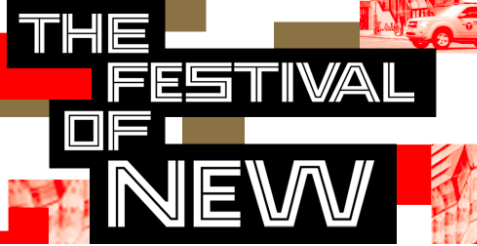October 3, 2019
10:00am – 12:30pm
The New School
Climate change is already impacting people and infrastructure in our cities, but unequally. In 2050 and 2080 in New York City and San Juan, Puerto Rico, the future may look dystopian.
This event discusses long-term visions and new ways of thinking about urban resilience and positive futures in the Anthropocene. An expert panel of policy makers, scholars, and climate scientists discuss their approaches to planning a more positive future, one that is more just, more resilient, and more sustainable, featuring a selection of research and data visualization work developed at The New School Urban Systems Lab. In the context of future heat and flood risks in New York City and San Juan, there are discussions of equity and justice challenges, how to facilitate positive visioning with local communities, and science communication challenges.
Panelists Tischa A. Muñoz-Erickson (International Institute of Tropical Forestry, USDA Forest Service, PR), Pablo Mendez-Lazaro (University of Puerto Rico, San Juan, PR), and Amy Chester (Rebuild by Design), discuss those challenges, moderated by Timon McPhearson (Urban Systems Lab, The New School).
This event is immediately followed by the conversation “Pathways to Planetary Health” between Jonathan F.P. Rose (Jonathan Rose Companies) and Timon McPhearson.
About The New School Urban Systems Lab:
The Urban Systems Lab’s interdisciplinary scholarship addresses the social, ecological, and technical systems (SETS) that drive persistent challenges in cities. Its goal in studying and visualizing urban system dynamics is to provide new insight into developing more equitable, resilient, and sustainable cities.
Rapidly expanding urbanization, biodiversity loss, and climate change pose dramatic risks for urban residents and the natural systems they depend on. The Urban Systems Lab’s research aims to reveal and support the SET system processes that drive everyday experiences in urban areas. The Lab uses empirical and theoretical approaches as well as data visualization to advance urban systems research and practice.
It also addresses a variety of research areas, including: urban resilience; climate change adaptation and nature-based solutions; SETS analysis and modeling; urban land use planning; social equity and environmental justice; scenarios for sustainable urban futures; urban biodiversity and ecosystem services; and urban ecosystem structure and functions.
For more information: https://thefestivalofnew2019.sched.com/event/S8Yr?iframe=no
